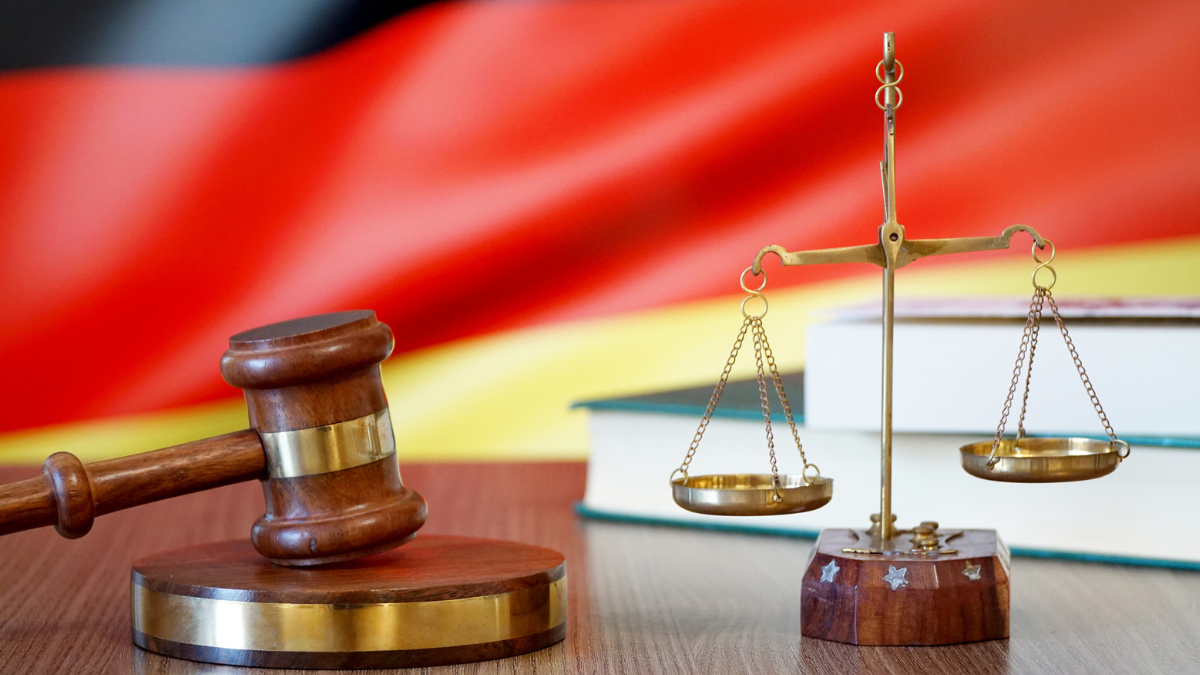German court allows patents for AI-generated inventions
Inventions generated by artificial intelligence can be patented, rules the Bundesgerichtshof, Germany's highest civil court. This now resolves a split between German federal appellate courts.

The case is part of the Artificial Inventor Project – a global initiative to attempt to patent AI-generated output, led by Professor Ryan Abbott from the University of Surrey.
The German decision stands in contrast to similar cases brought forward by Professor Abbott and his team in jurisdictions such as the United States, which require a natural person – a human being – to make a substantial contribution to an invention for the invention to be patentable. Earlier this year, the United Kingdom Supreme Court ruled that if an AI generates an invention, it is inherently unprotectable.
In Germany, prior court decisions had respectively overturned and upheld the German patent office's decision to reject two different patent applications for AI-generated inventions.
The patent, in this case, is for a food container designed using fractal geometry, which involves complex patterns that repeat at different scales. This container was created by an artificial intelligence named DABUS, which stands for "device for the autonomous bootstrapping of unified sentience."
Decision and English AI translation at www.artificialinventor.com.
Media Contacts
External Communications and PR team
Phone: +44 (0)1483 684380 / 688914 / 684378
Email: mediarelations@surrey.ac.uk
Out of hours: +44 (0)7773 479911
